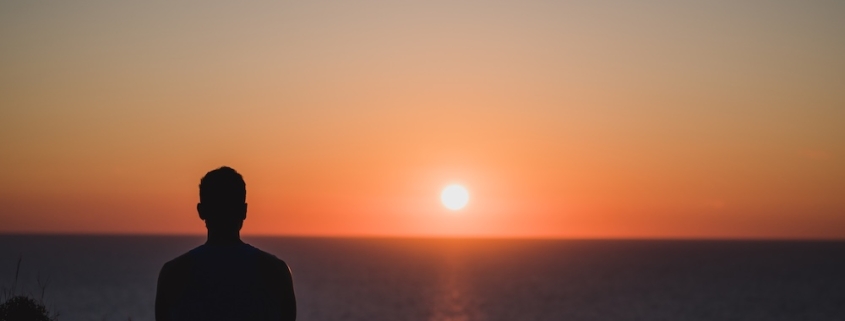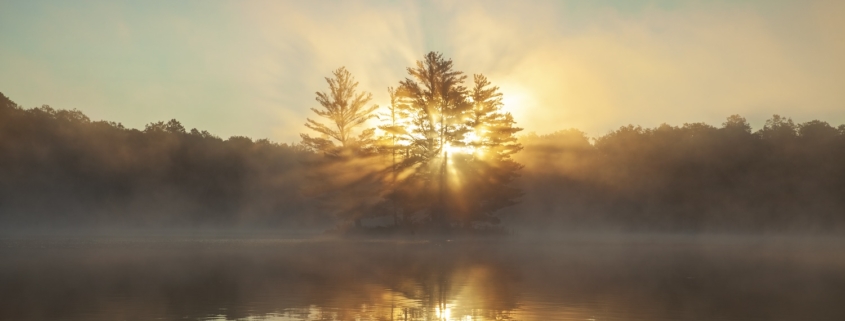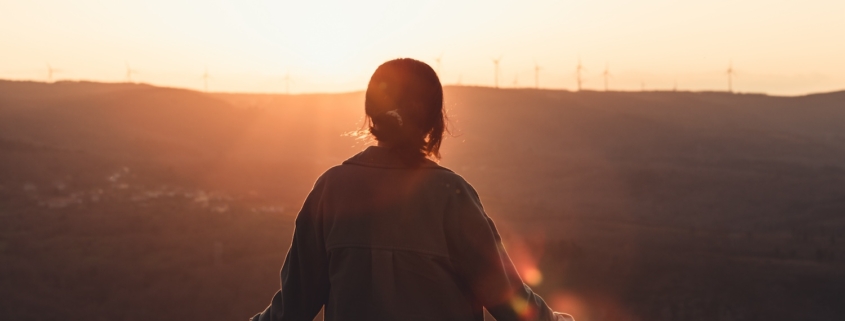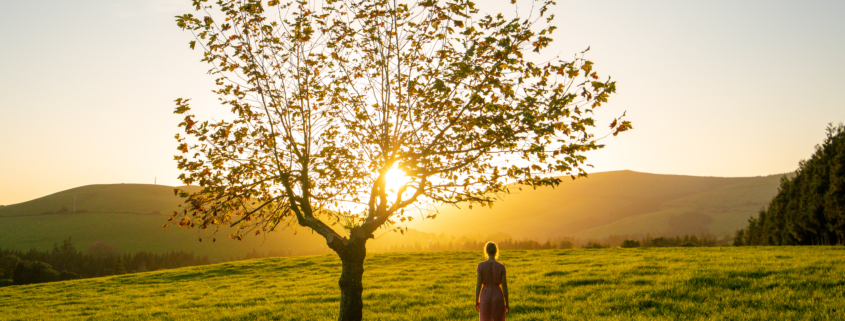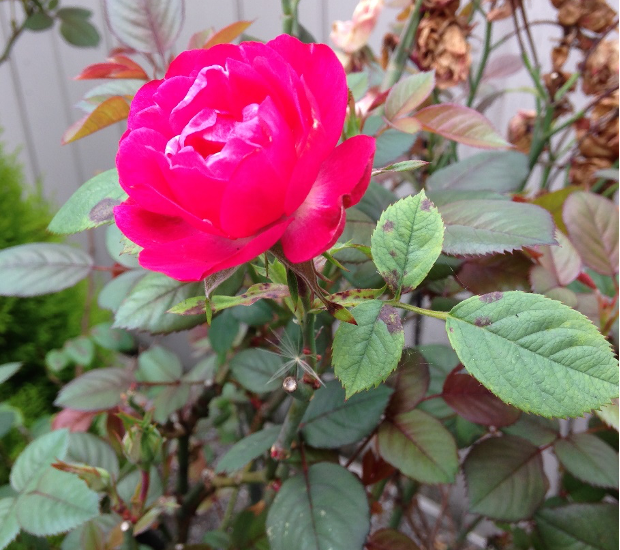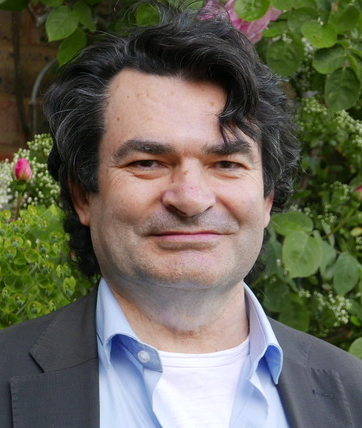A NEW BEGINNING
An online workshop with Mukesh Gupta
Hosted by KECC
January 10-12, 2025
This first workshop of the new year was attended by 16 registrants and consisted of three sessions, each one starting with a talk by Mukesh that explored the essence of a new way of living through presence, awareness, and love.
Talk 1 focused on discovering a new way of living beyond the old instruments of thought, emotion, and accumulated knowledge. The speaker emphasized that we need profound discontent with the old ways, not just boredom seeking new excitement. When we deeply see the limitations of using old instruments to find something new, the mind naturally becomes quiet and still. This stillness arises not through effort but as a natural byproduct of insight. The talk explored the quality of presence that emerges – a simple awareness of what is happening inside and outside, without judgment or resistance. This presence has no borders or limits and is not personal but universal.
Talk 2 delved into the quality of pure observation as another expression of awareness. The speaker examined how we usually observe through our conditioned background and past knowledge, which prevents direct seeing. While recognition based on past knowledge has its practical place, the talk explored whether it’s possible to observe without the psychological movement of the self. This pure observation and listening happen simultaneously – as we observe attentively now, the mind naturally becomes quiet. The various qualities like listening, observation, and awareness are not separate but are interconnected expressions of one energy of pure presence. This observation free from the observer is itself an act of unconditional love, as there is no psychological separation based on like/dislike or judgment.
Talk 3 focused on love as the essential quality without which “the world will go to disaster” (quoting Krishnamurti). The speaker invited a deep questioning about what love is, not intellectually but with one’s whole being. When we meet this profound question with complete attention and listening beyond words and definitions, there is natural stillness and wonder. The talk examined how the ego-mind, born from thought activity, prevents love from flowering through its constant reactivity and sense of separation. Through pure observation and awareness, we can see how psychological separation denies love. The speaker pointed to a state of unconditioned being that emerges when there is a letting go of the illusion of separation. This state is where love, attention and awareness are not separate but are one energy.
Throughout the talks, there was an emphasis on the immediate, direct experience of what is being pointed to – not as a future achievement but as something available here and now through alert attention and awareness. The talks highlighted that transformation happens naturally through presence and insight, not through effort or practice based on the old instruments of thought. They presented an invitation to discover a new way of living based on direct perception rather than knowledge, on freedom from psychological separation rather than reinforcing it, and on love that flowers naturally when the mind is quiet and attentive.
Joost de Wulf


